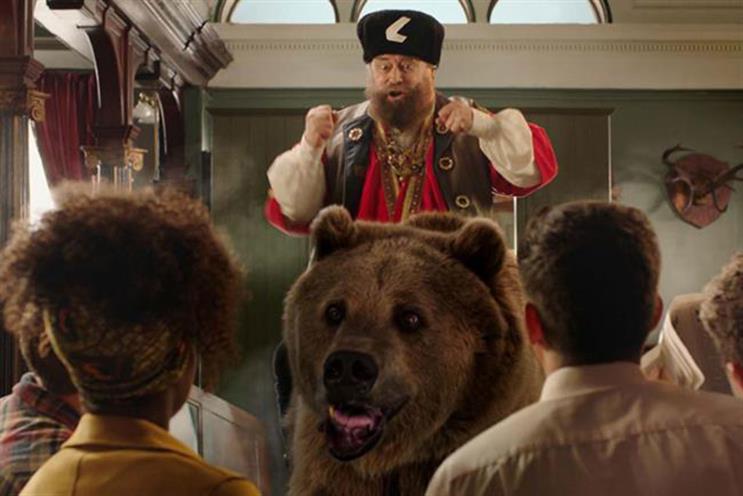
The Labour Party has announced that it will put a stop to gambling ads during live sport if it gets into government, with an exception for horseracing.
The move was publicised by deputy leader Tom Watson ahead of the party’s conference, which starts next week, and follows a year-long review by Watson and shadow health secretary Jonathan Ashworth.
Several submissions to the review called for a ban or reduction in live sports advertising, with work for gambling brands accounting for 17% of all ads on TV during the recent World Cup, according to Labour.
Among them was Paddy Power/Betfair, which, according to Labour, supports policy reducing the amount of pre-watershed advertising due to its concern that young children may be exposed to TV gambling advertising.
Watson’s efforts to publicise the policy today highlight the Gambling Commission’s finding that there are more than 400,000 problem gamblers in the UK as well as public concern about children’s exposure to gambling ads.
"It’s time for a line in the sand to protect our children," Watson said.
Labour’s proposals on advertising met with swift opposition from the Advertising Association.
A ban "would have a damaging economic effect on our UK commercial media landscape, as well as make watching live sport more expensive and less accessible for the UK public," the AA declared.
While the AA was unable to quantify how much money it believes would be lost to the media industry, Nielsen estimates that gambling companies have spent a total of £127m on TV advertising slots so far in 2018. Last year they spent £169m and in 2016 they spent £156m.
Current polling puts Labour and the Conservatives roughly neck and neck on between 35% and 40% of the vote, but there seems little prospect of a general election before 2022, unless Theresa May's government is brought down by internal opposition.
However, Labour is picking up on popular disquiet about the volume of gambling ads and the social utility of betting. According to the Gambling Commission the proportion of the population who agree that gambling is fair and can be trusted is at 34%, down from 49% in 2008.
The government’s own response to pressure over gambling ads includes requiring the gambling industry to fund a two-year, £5m-£7m campaign to promote responsible gambling, managed by the gambling-related harm reduction charity GambleAware.
GambleAware’s campaign is yet to air, despite it having appointed M&C Saatchi in June and the gambling minister Tracey Crouch having first announced the plan on 31 October last year.
However, GambleAware’s chief executive Marc Etches told 北京赛车pk10 today he expects the campaign to launch in December, adding: "The minister has said publicly she expects the campaign will be underway by the end of the year. We do not intend to disappoint her."
At the time it appointed M&C Saatchi the campaign’s expected launch date was August, but the delay is due to "making every effort to ensure this campaign will be as effective as possible", according to Etches.
The GambleAware chief also expressed the charity's support for parts of Labour’s new policy, specifically the introduction of a statutory levy on gambling companies to fund action combating gambling harm and a ban on the use of credit cards to place bets.
This article has been updated to add comment from GambleAware.




.jpg)
.jpeg)
